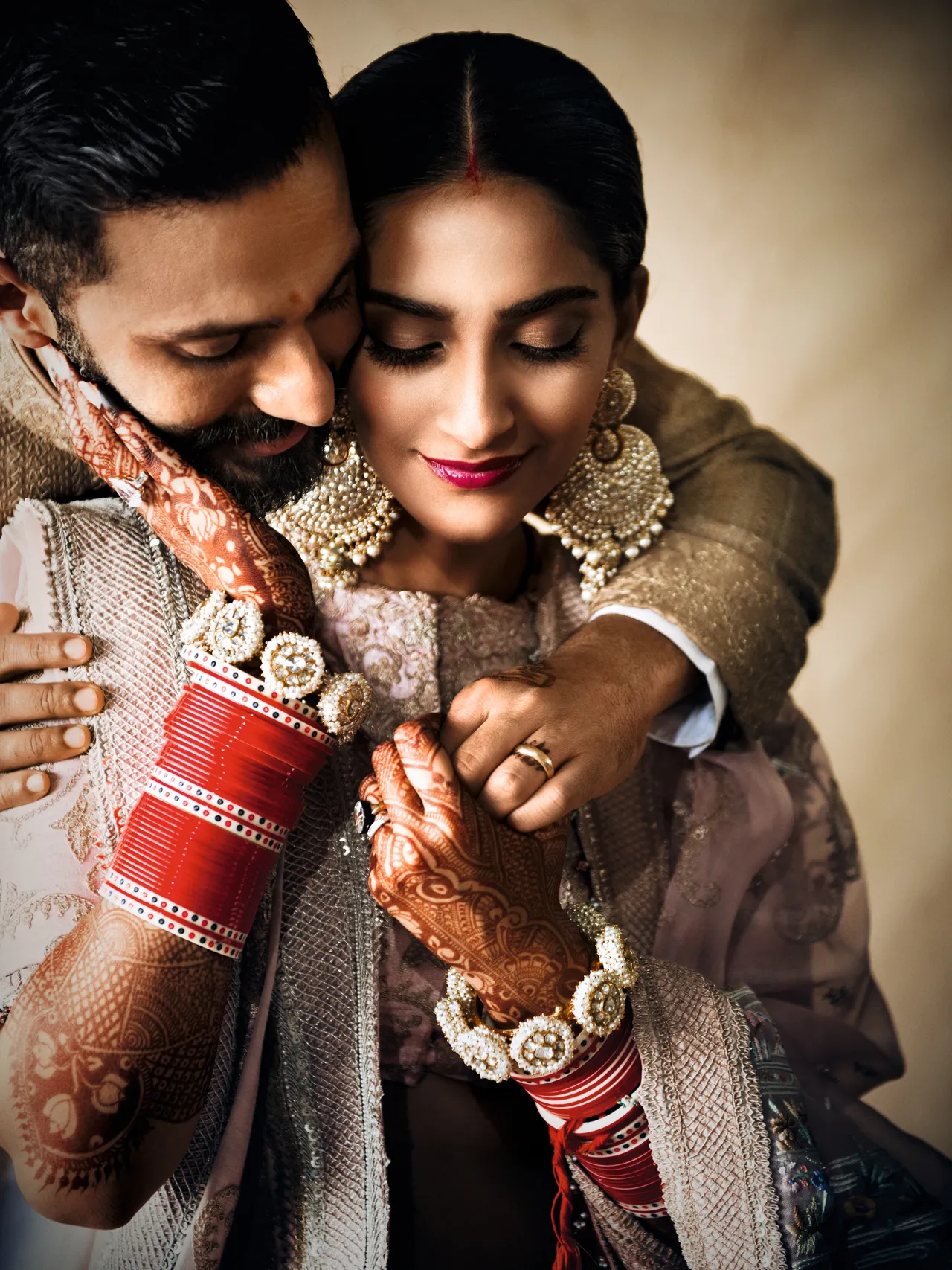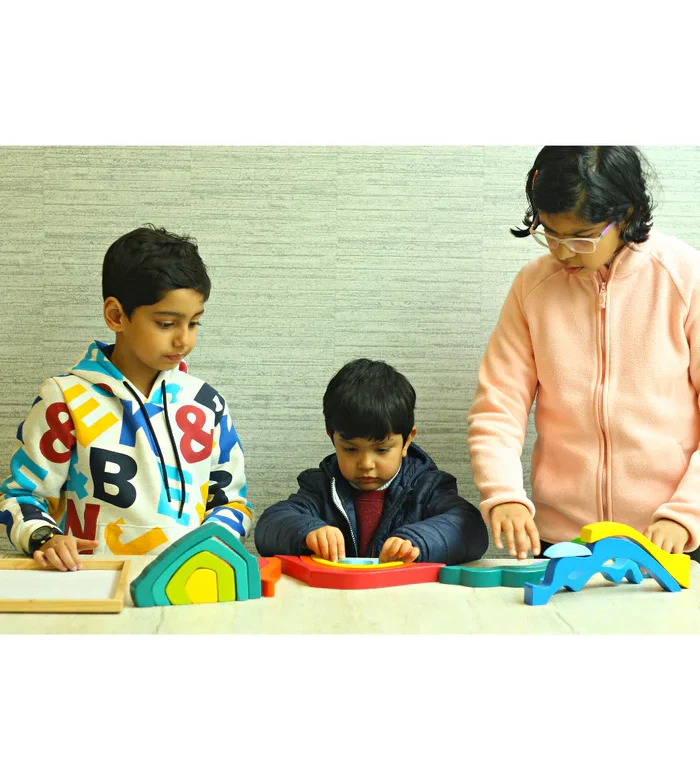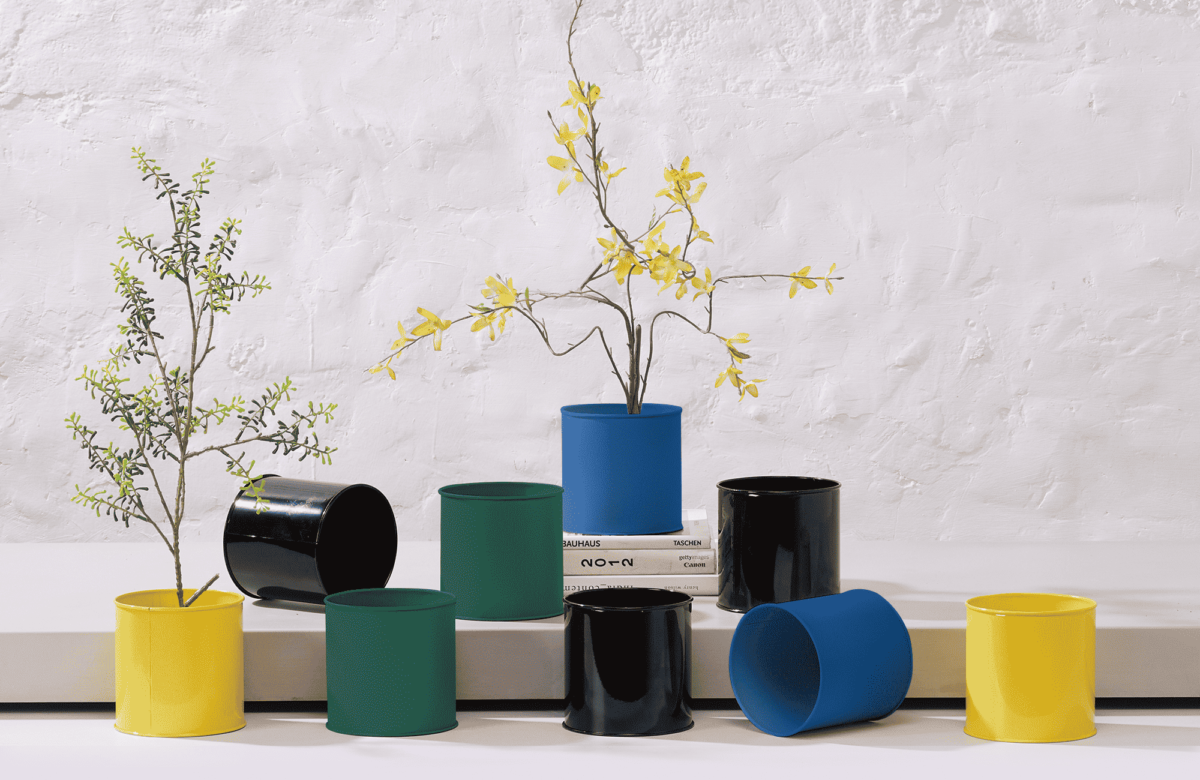
The Intersection of Marriage and Feminism: My Personal Journey
- CinemaClothingEducation
- July 11, 2023
- No Comment
As a self-proclaimed feminist, I never thought that my decision to take my husband’s last name would be met with such internal conflict. Yet, two months after my wedding, I found myself grappling with the notion that changing my name would somehow erase my identity as an individual. Was I betraying the feminist movement? Was I setting a bad example for other women?
These questions led me to seek the advice of Tanya Vasunia, a psychologist and published researcher who had recently gotten married herself. She confessed to feeling like a “bad feminist” at times, particularly when making practical decisions that seemed to sideline her identity as a woman. For example, when choosing between living in New York City or Washington DC, she ultimately went with the latter because it was more conducive to her husband’s career and income potential. This decision was not without its challenges, however, as Vasunia felt that her own career goals and sense of self were being compromised.
Talking to Vasunia and other married friends helped me realize that these struggles were not unique to me. Many women face difficult choices when it comes to marriage and feminism, whether it’s deciding whether or not to wear a traditional symbol of marriage like a mangalsutra or negotiating living arrangements with in-laws. What’s important, according to Vasunia, is that we make decisions that align with our values and identity as women at the time. Feminism is not a one-size-fits-all approach; it evolves over time and can look different for each individual.
For me, changing my last name was a voluntary decision that ultimately felt right. While there are many ways to update your name after marriage, such as adopting your partner’s initials or choosing a new family name altogether, I decided to take my husband’s last name as my own. This decision was not made lightly; I weighed the pros and cons and considered the administrative benefits of being processed together as a family. But the most compelling reason for me was that my maiden name simply didn’t fit me anymore. I had matured and outgrown it in many ways, and embracing my husband’s name felt like a way to explore a fresh aspect of my identity.
Of course, there are still moments when I feel the need to justify my decision or prove that my husband and I are equals in our marriage. But as long as we continue to respect and understand each other’s contributions and struggles, big or small, we can work towards a more equitable future together.
Marriage and feminism are not mutually exclusive; they can coexist and even complement each other. It’s up to each individual woman to navigate these intersections in a way that feels true to herself and her values. As Vasunia says, “It is important to be the kind of woman that you feel comfortable being.”










